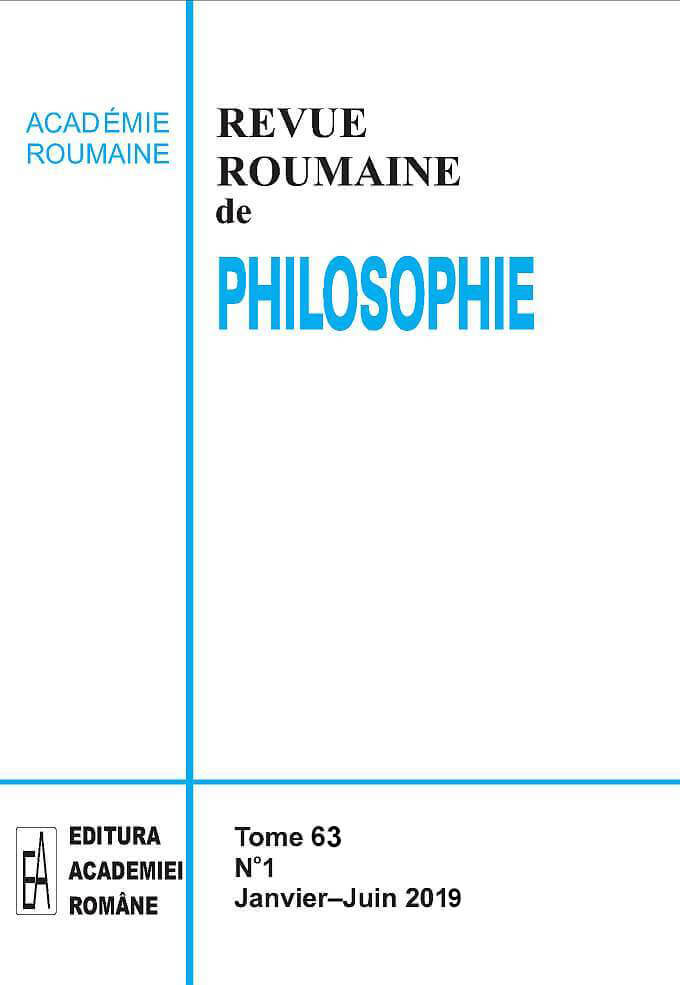
The Concept of Parhypostasis în Proclus’ „De malorum subsistentia”.
A Meontological Perspective
Abstract: This study aims at interpreting the concept of παρυπόστασις, as it is presented in Proclus’s work De malorum subsistentia, from a meontological point of view. Although this concept – central to the understanding of the various conceptions about the existence of evil from Late Antiquity and Middle Ages – has been for some time the source of various interpretations in the modern exegetic literature, its meaning is still disputed and its translations intro modern languages show that there is not yet a common base of understanding it. I will argue that, as far as the process of παρυπόστασις is concerned, it is more than just the “mode of existence” of evil. It rather is a necessary process through which our existential context is constituted and, although is neutral in itself, it creates to conditions for the existence of evil. Interpreted in this way, παρυπόστασις creates the context in which evil can occur in mortal souls because of their temporal nature and limited powers of cognition, making thus evil a metaphysical, epistemological and psychological phenomenon, not just an ethical phenomenon in the modern sense of the term.
Keywords: meontology, evil, Proclus, neoplatonism, parhypostasis, nothingness, Christianity, Late Antiquity
Publicația: Revue Roumaine de Philosophie, Tome 63, nr. 1
Anul Publicării: 2019
